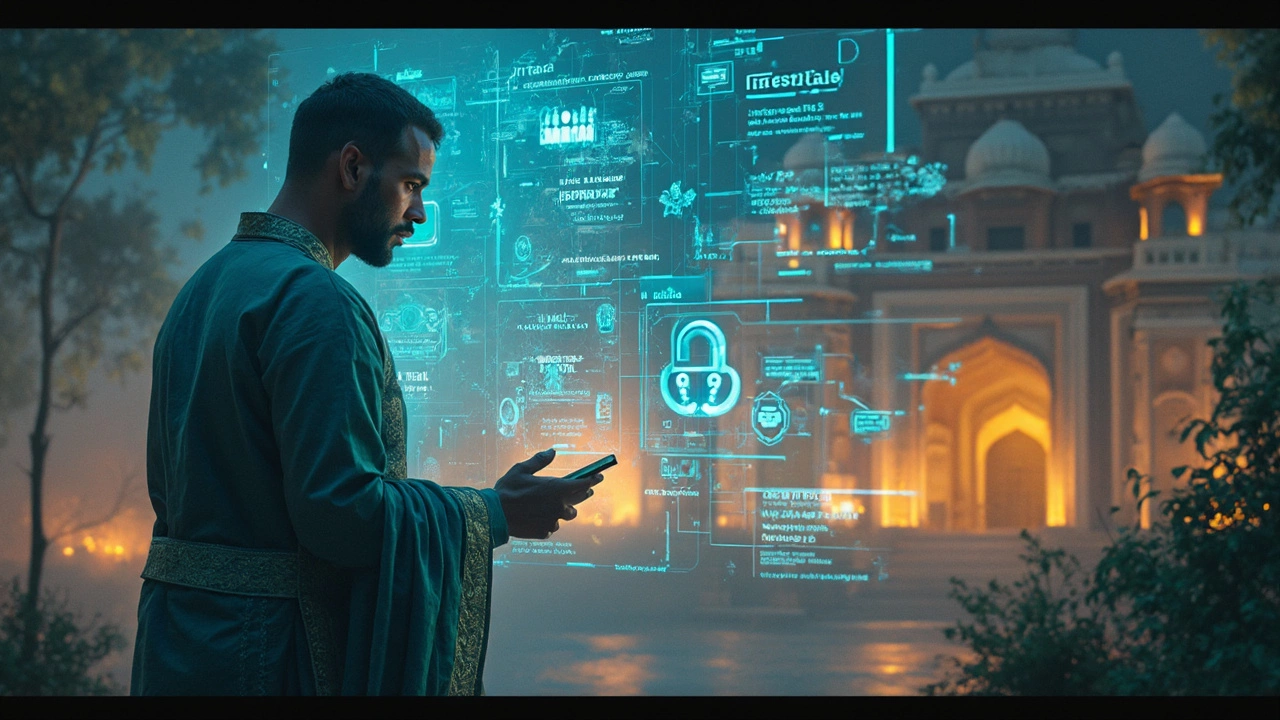Online Security Basics: Simple Ways to Keep Your Data Safe
Every day you share passwords, click links, and upload photos. It feels normal, but it also opens doors for hackers. The good news? You don’t need a tech degree to lock those doors. A few habits can make a huge difference, and you can start right now.
Why Online Security Matters
Think about the last time you bought something online. You entered your credit card, name, maybe even your address. If that info falls into the wrong hands, you could see unauthorized charges, identity theft, or even a ruined credit score. It’s not just money—personal photos, work files, and private messages are all at risk. Strong online security protects your wallet, your reputation, and your peace of mind.
Quick Actions You Can Take Today
1. Use a password manager. Forgetting passwords is normal, but using the same one everywhere is risky. A manager stores strong, unique passwords for each site and fills them in automatically.
2. Enable two‑factor authentication (2FA). Even if someone guesses your password, they’ll need your phone or a security key to log in. Most major services offer it for free.
3. Update your software. Whether it’s Windows, iOS, Android, or a browser, updates fix security holes. Turn on automatic updates so you never have to remember.
4. Watch out for phishing emails. If an email asks for personal info or has a weird link, hover over the link to see the real URL. When in doubt, go directly to the website rather than clicking.
5. Secure your Wi‑Fi. Change the default router password, use WPA3 if available, and hide the network name (SSID) so strangers can’t easily spot it.
6. Back up important files. Use a cloud service or an external drive. If ransomware hits, you’ll have a clean copy to restore.
These steps take just a few minutes, but they create a strong barrier against most common attacks.
Remember, online security isn’t a one‑time setup; it’s a habit. Review your passwords every few months, scan your devices for malware regularly, and stay curious about new threats. By staying alert and using the tools above, you’ll keep your digital life safe without turning into a tech guru.
Who Fights Cyber Crime? Roles, Heroes, and Real-World Tactics
Dig deep into the world of cyber crime fighters. Learn who they are, what they do, and discover how to protect yourself from digital threats right now.
What Do Cyber Defenders Do? Exploring the Role of Cyber Crime Lawyers
Explore the role of cyber defenders, specifically cyber crime lawyers, as they navigate the complex world of online threats. Understand how they protect individuals and organizations from cyber-attacks and the essential skills they bring to the table. Discover the challenges they face and the strategies they use to keep digital spaces secure. Learn how their expertise helps in understanding and interpreting cyber laws and regulations. This glimpse into their world sheds light on how they fight against cyber crimes in a constantly evolving digital landscape.
Cyber Crime Surveillance: Who Keeps Online Threats in Check?
Cyber crime is a vast and ever-evolving field that requires vigilant monitoring by various bodies. Lawyers specializing in this area work closely with law enforcement to ensure online activities comply with regulations. Governments and private organizations utilize advanced technologies to track and prevent illegal activities. Understanding who is responsible for monitoring cyber crime can help individuals and businesses better protect themselves.


